20 Secrets Your Dentist Won't Tell You
These dentist secrets will have you smiling bright in no time.
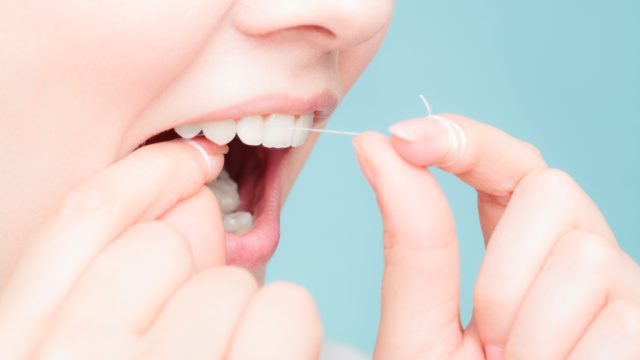
We tend to think of dentists as the gateway to all the pertinent info we need to know about keeping our mouth healthy. In reality, however, sometimes those quick trips in the dentist's chair don't always provide them adequate time to give us the whole rundown about our oral health. While most of us know enough that we should be brushing and flossing a few times a day, some of what doesn't get said in the dentist's chair can be life-changingly important. We've rounded up the 20 secrets your dentist won't tell you, from which piercings are likely to ruin your smile to how bad your bubble gum habit really is. .
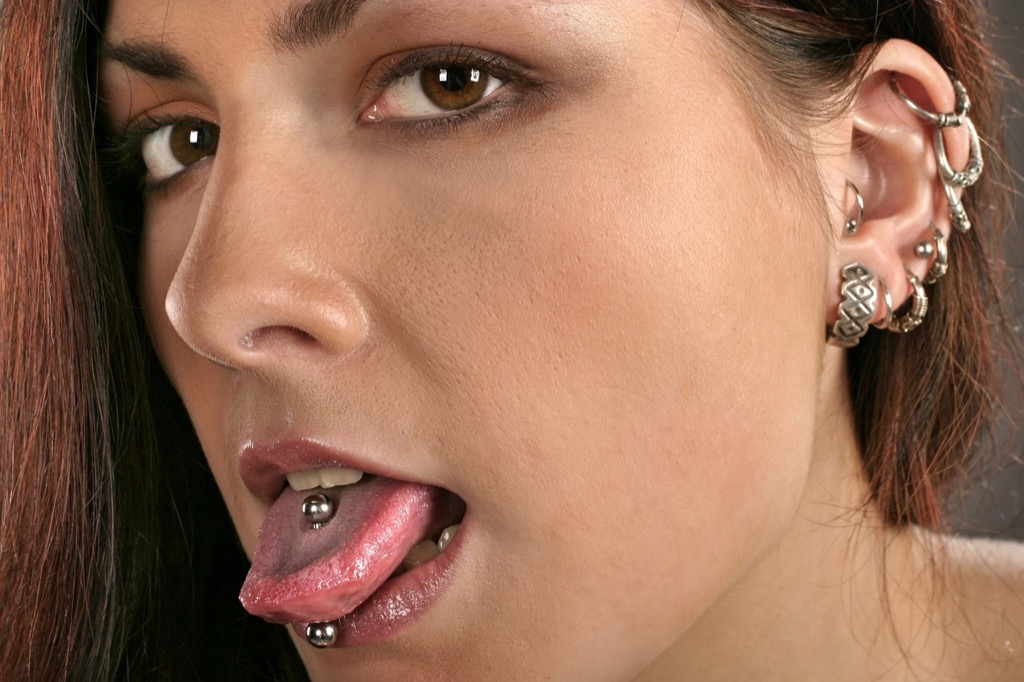
Your mouth is a perpetually moist, bacteria-laden environment, essentially making it an incubator for infections, particularly if you choose to make a hole where no hole naturally belongs. Most dentists will tell you that with proper cleaning, a mouth piercing will be fine, but what they don't tell you is that most tongue piercings cause infections and chipped teeth. Even though the risks are non-life-threatening, it's an annoyance worth knowing about from the person who oversees the health of your mouth. And when it comes to health risks, it can be hard to know what's hype and what's myth, like these 30 Worst Men's Health Myths That Won't Die.

Dr. Alireza Panahpour admits that root canals and other invasive procedures like tooth extractions have been known to cause internal infections in some patients. The danger is that the patients often show no signs or symptoms around the infection in the mouth, leaving it to fester and slowly drain the immune system, leading to chronic health issues. In this day and age of everyone trying to figure out How Likely You Are To Get Cancer In Your Lifetime we don't need any extra complications.
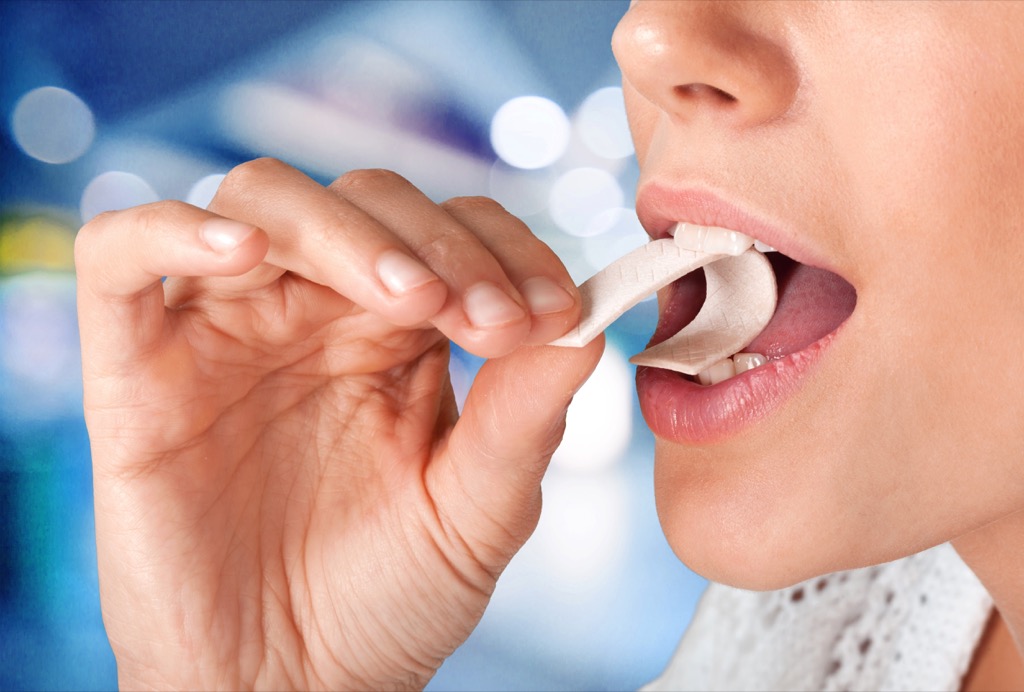
Specifically sugar-free gum that contains a sweetener called xylitol can actually be good for your gums and teeth. Xylitol helps fight bad bacteria, helping to keep things clean, which is why it's also used to sweeten toothpaste. Most dentists don't mention this so as not to confuse their patients into thinking all or any gum is good for you.
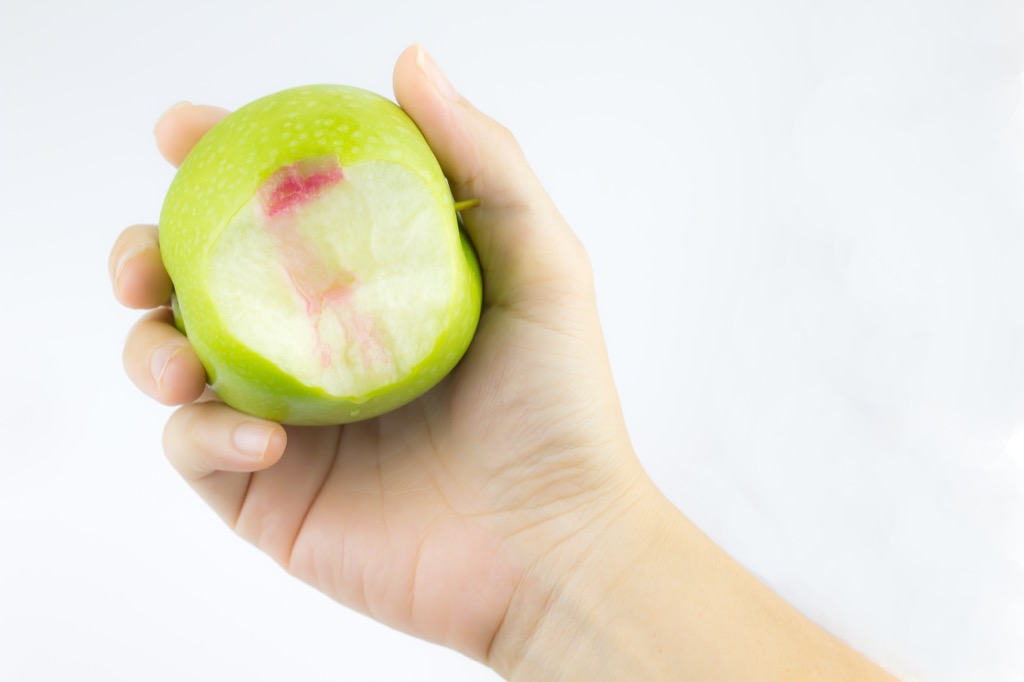
Dentists see so many people with bleeding gums on a regular basis that if it's not severe, they tend to just brush it off and tell you to do a better job flossing. Few dentists will mention that bleeding gums, especially with regular flossing, can be a sign of diabetes.
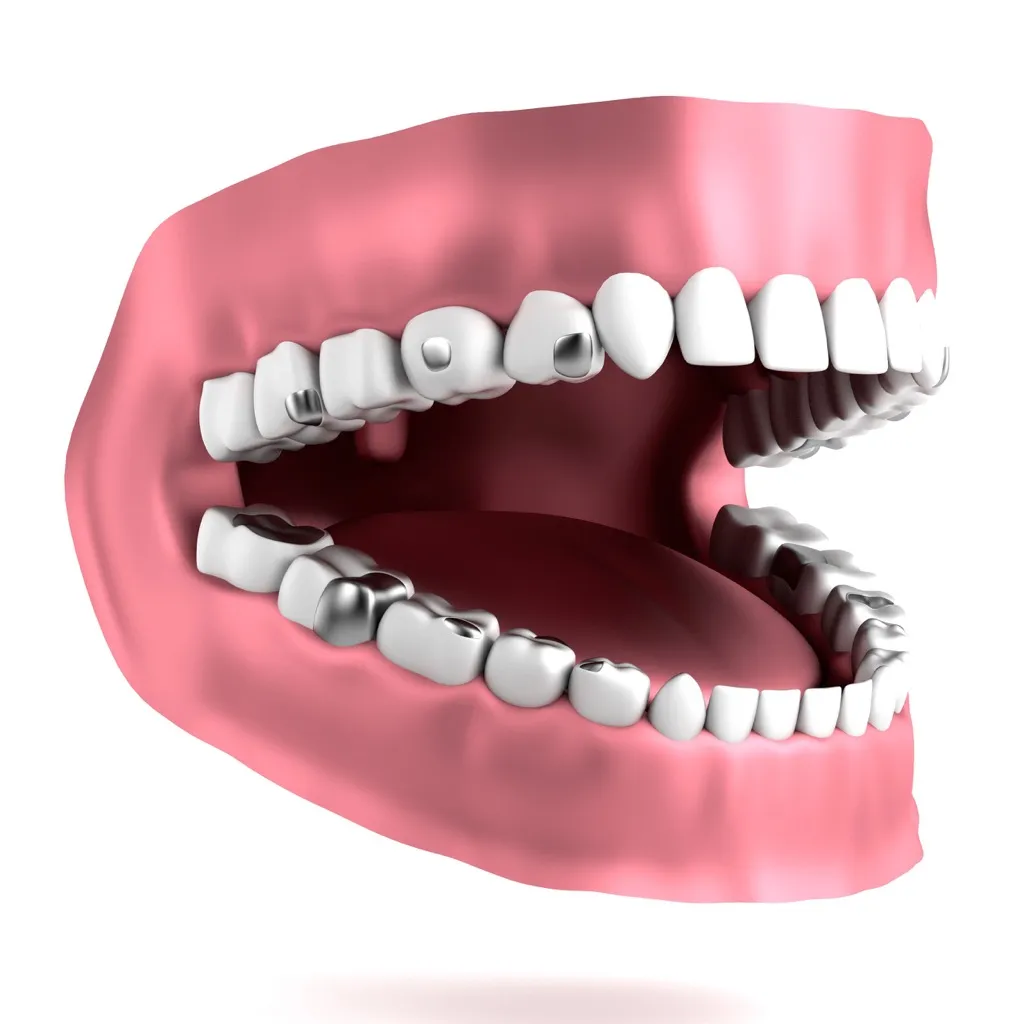
Mercury amalgam is a substance used for tooth fillings, but may not be entirely safe. "Mercury in dental amalgam, one of the most toxic substances on Earth, has been scientifically proven to leech every time a patient chews on a mercury amalgam filling," shares Dr. Panahpour. Luckily, there are plenty of alternative filling materials on the market.
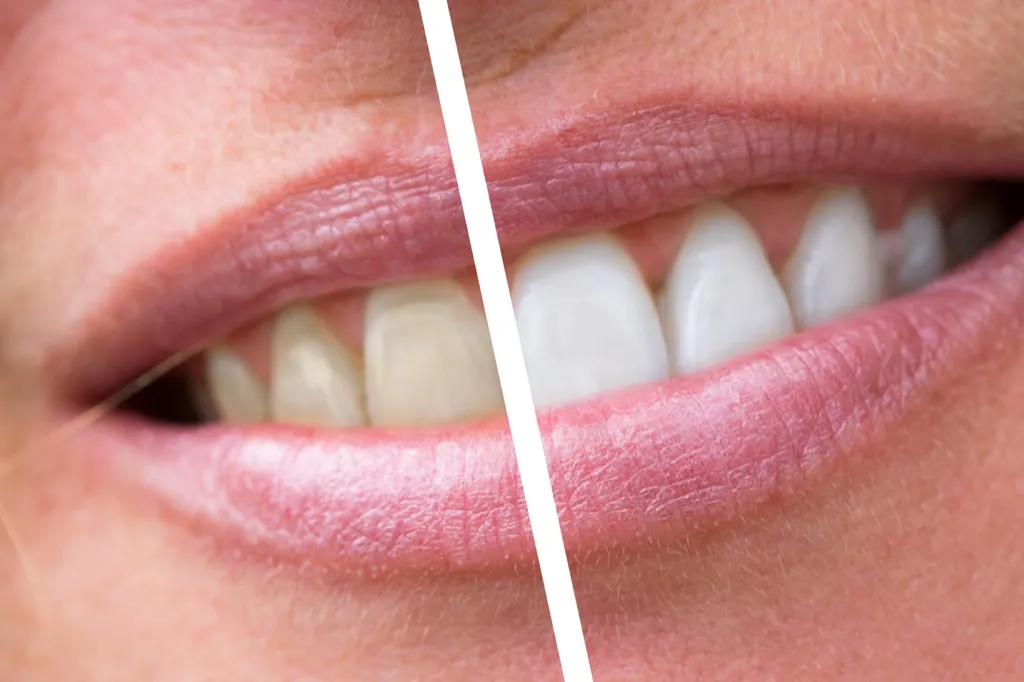
Teeth whitening has become a popular cosmetic dentistry procedure, which provides a boost of confidence to the patients and a financial boost to the dental practice. Dentists usually downplay, or forgo mentioning at all, the damage whitening can do to the enamel of your teeth.
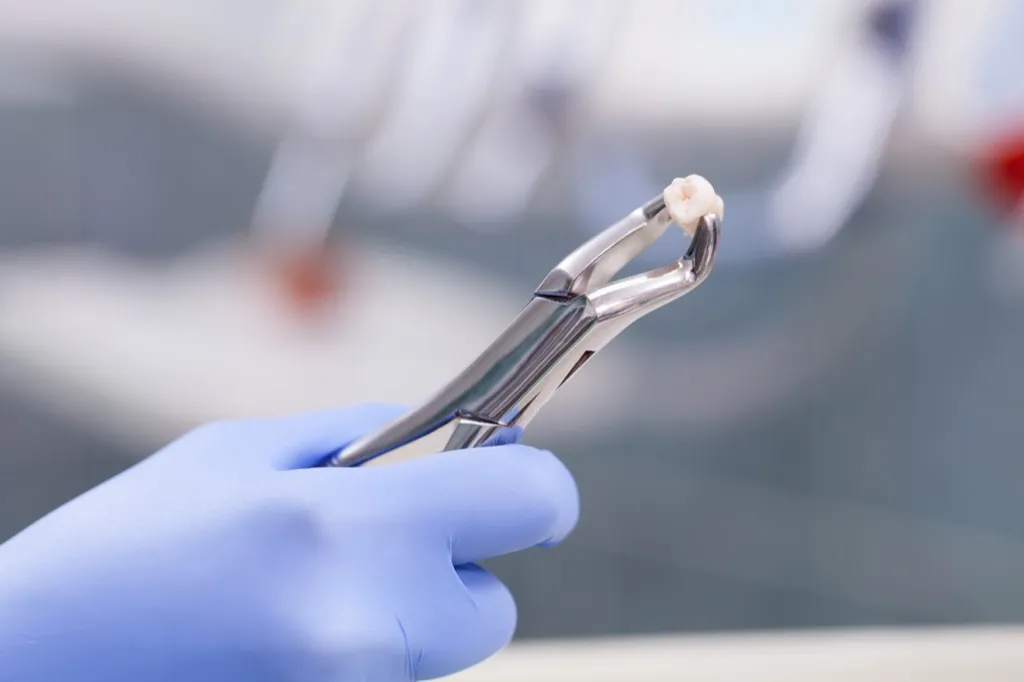
When a dentist says you need a root canal it's not usually up for discussion, it's taken as the only and final course of action. Especially considering the health risks of root canals, it's worth knowing about alternatives, like extracting the dead teeth. Luckily, though, research suggests that having a root canal rather than letting an infection spread may lower your risk of heart disease.
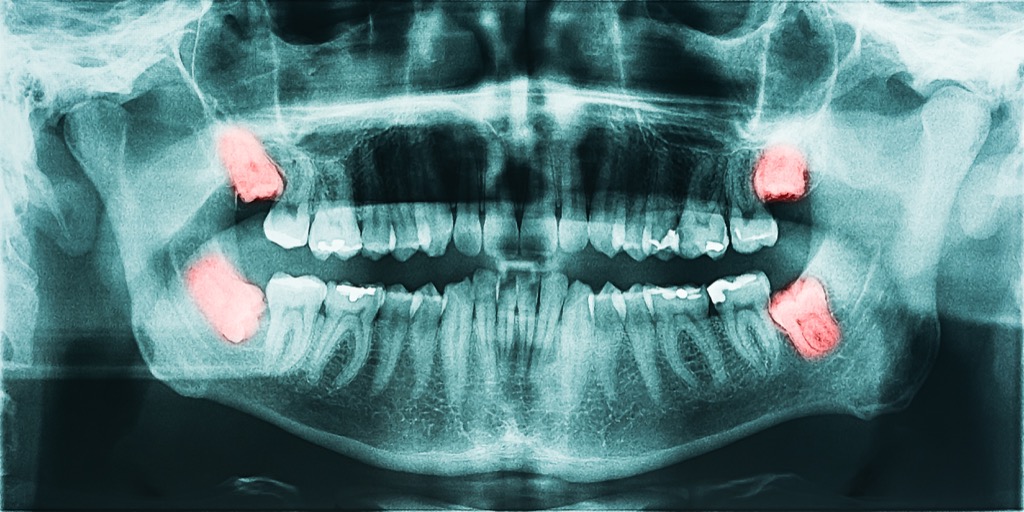
The vast majority of people have their wisdom teeth pulled early in life on recommendation from their dentists, who are adamant that they will become problematic even if they are not right now. Of those who choose to wait until it becomes a problem, most find that they can live their entire lives without any trouble from their wisdom teeth.

Dentists' expertise often blinds them to the fact that not everyone shares their knowledge. Sometimes, this means they skip mentioning the most basic oral care steps to patients. Even people who brush twice daily on the regular don't usually spend enough time during each session. In fact, three to five minutes—not the standard two—is the recommended time to actually make a difference.

While we'd like to think that there is a clear right answer when it comes to treatment, Dr. Lacey Andreotta of Southern Dental Care in New Orleans says that nine out of 10 dentists agree to disagree. She describes the situation after taking x-rays in the lab where they "discuss the health of your mouth" and "sometimes none of our colleagues agree about what…is necessary." Moral of the story? It never hurts to get a second opinion.
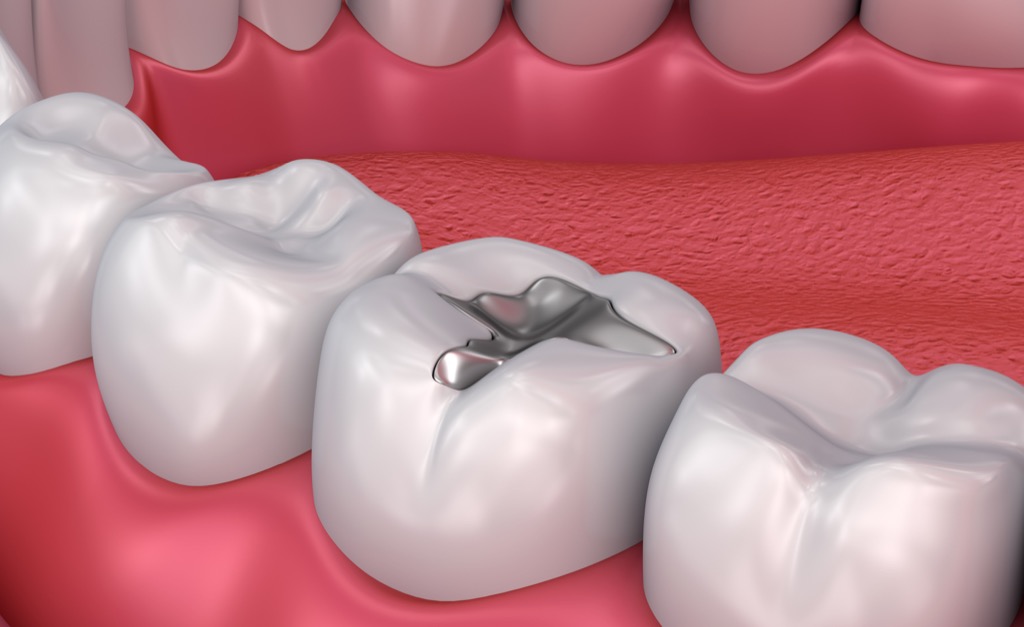
Dentists typically make a good case for whatever type of filling they specialize in, conveniently leaving out some of the surrounding details. One piece of information that may not get mentioned is that metal fillings, as opposed to ceramic, are more durable through the years.

Not all mouths are created equal. Factors such as smoking and even genetics can play a part in how much anesthetic you need to actually get numb.

Caleb Backe, the health and wellness expert for MapleHolistics.com admits that even though dentists try to book you twice a year, once a year is actually enough, "given that you pay attention to oral hygiene at home" he says. Of course, a trip to the dentist is still in order whenever you have unusual oral pain or discomfort.

Dentist visit anxiety is a real condition that is a major source of stress for patients of all ages. Since it is easier for dentists to work quickly and efficiently when you are relaxed, they strike up a conversation or ask questions as a distraction and to put you at ease.
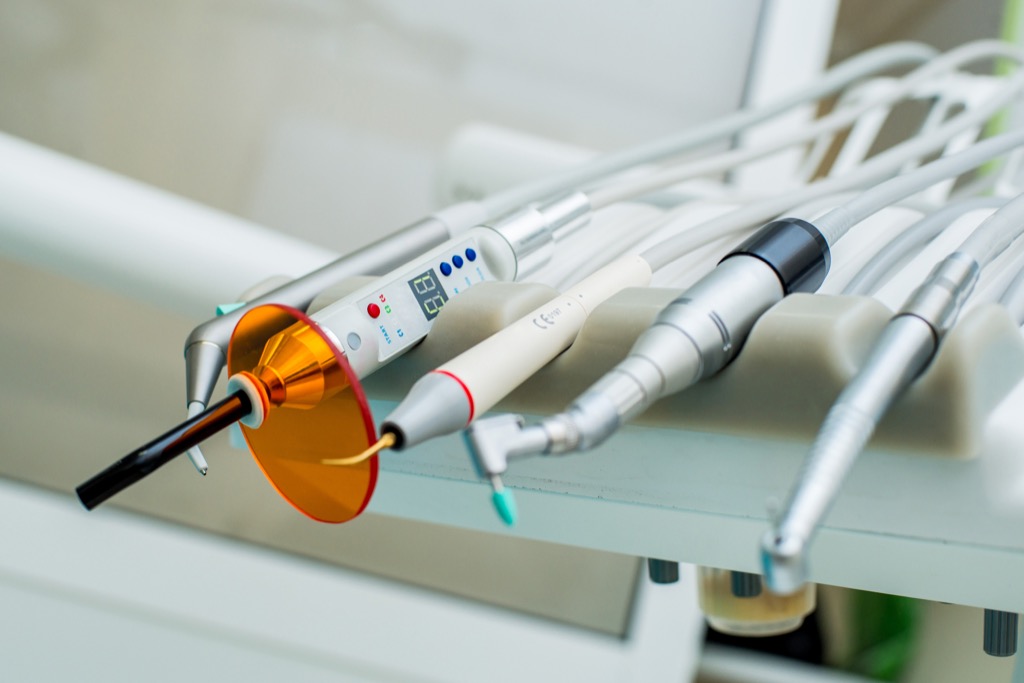
Dental technology has made significant advancement in the last 50 years. While some dental offices keep up with modern advancements, others stay where they are comfortable, even if that means not offering you the latest technology.
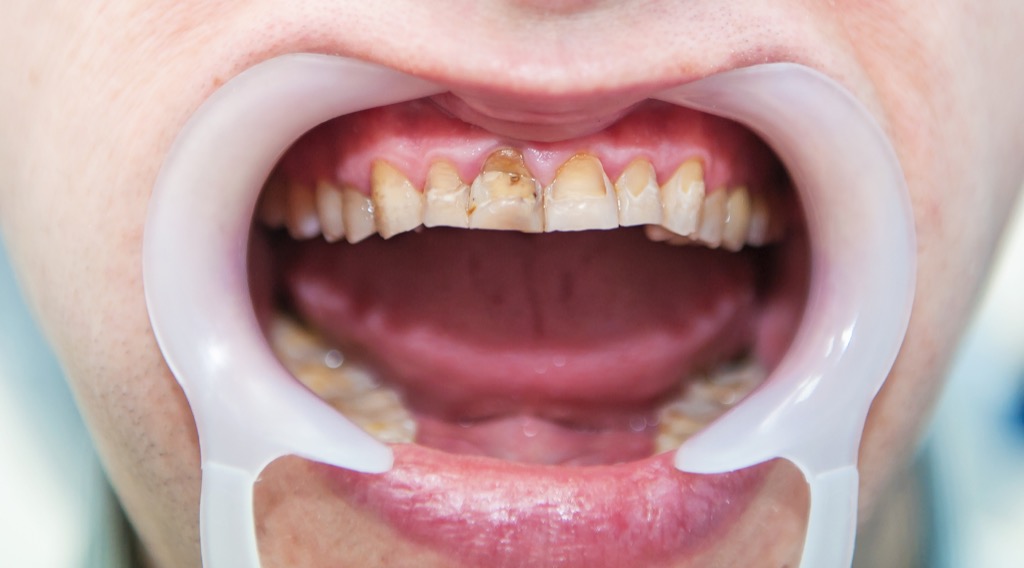
Fluorosis is the term used when your teeth deform due to too much fluoride, a mineral commonly found in toothpaste and some tap water. Since some people are unnecessarily concerned with this rare condition, dentists don't mention it or downplay it when a patient asks.

Sometimes, people make jokes or actually believe that being a dentist is easier than a lot of other medical professions. However, just like becoming any other kind of doctor, it is a serious commitment. Becoming a dentist requires years of studying to attain multiple degrees, certifications, and accumulate experience, as well as a significant financial investment.

Dentists often tell patients to cut down on sodas because of sugar content, but they too often forget to mention that the carbonation itself can also be harmful to your teeth. While the elevated levels of acid in any carbonated beverage pose minimal risk to tooth enamel, it's something to keep in mind if you drink a lot of sparkling beverages, sugary or not.
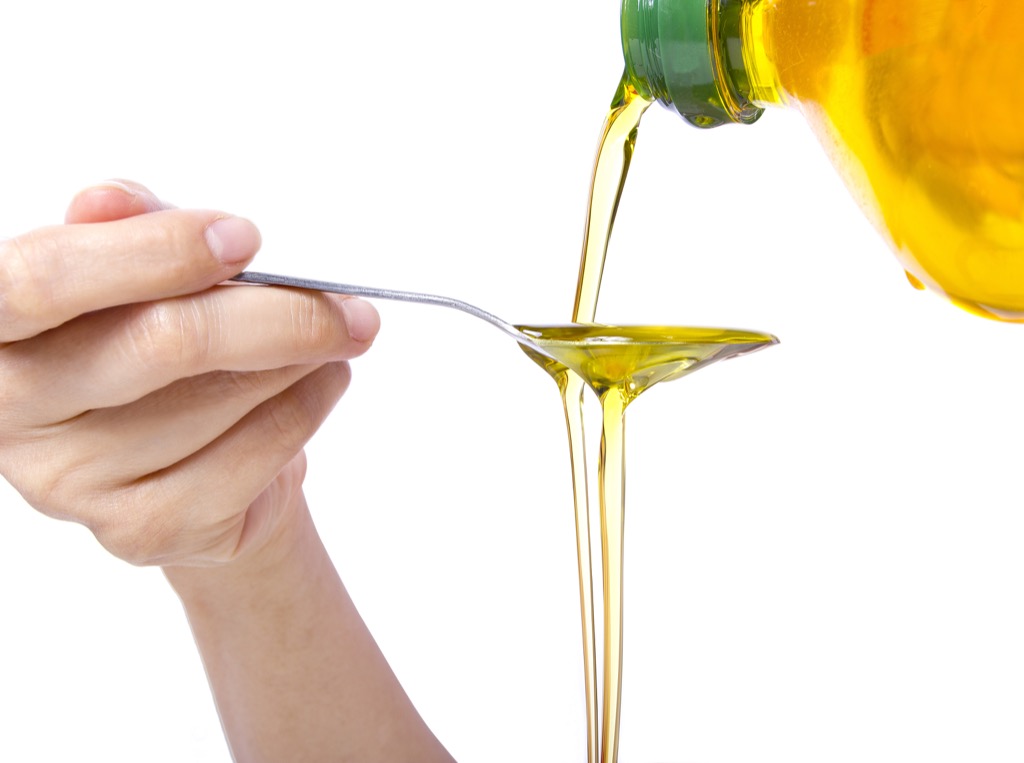
Oil pulling is the method of rinsing your mouth with oil to pull out bacteria and germs when rinsed away. According to holistic health expert Caleb Backe, this method can actually replace brushing and rinsing with mouthwash effectively while nourishing the gums with vitamins and minerals. To get the full benefits, he recommend rinsing for 20 minutes at a time.

We are all used to dentists telling us to cut down on sugar for the health of our teeth and gums, but it's far from the only food that rots your teeth. Both starchy foods, like pasta and chips, as well as citrus, like lime and grapefruit, are known to contribute to tooth decay.
To discover more amazing secrets about living your best life, click here to sign up for our FREE daily newsletter!





















